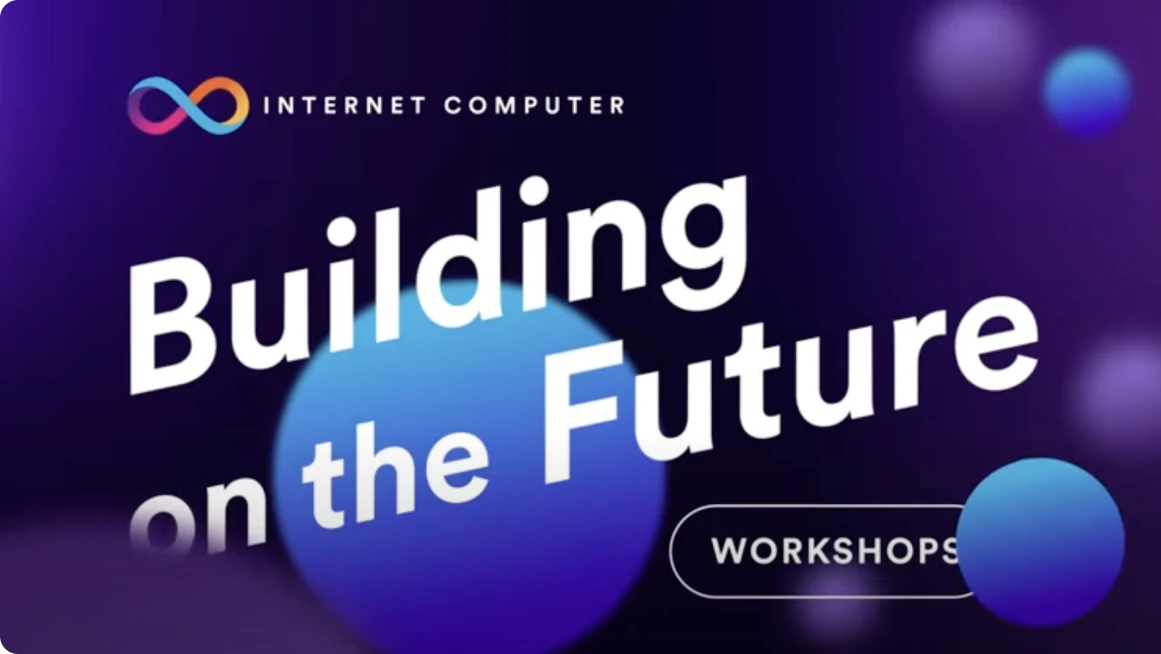Paradigm shift in Web3 gaming
Enabled by smart contracts, Autonomous Worlds are a paradigm shift in gaming, enabling developers, modders and players to build composable, and permissionless game worlds that live on the blockchain forever. Now possible on the Internet Computer — 100% onchain.
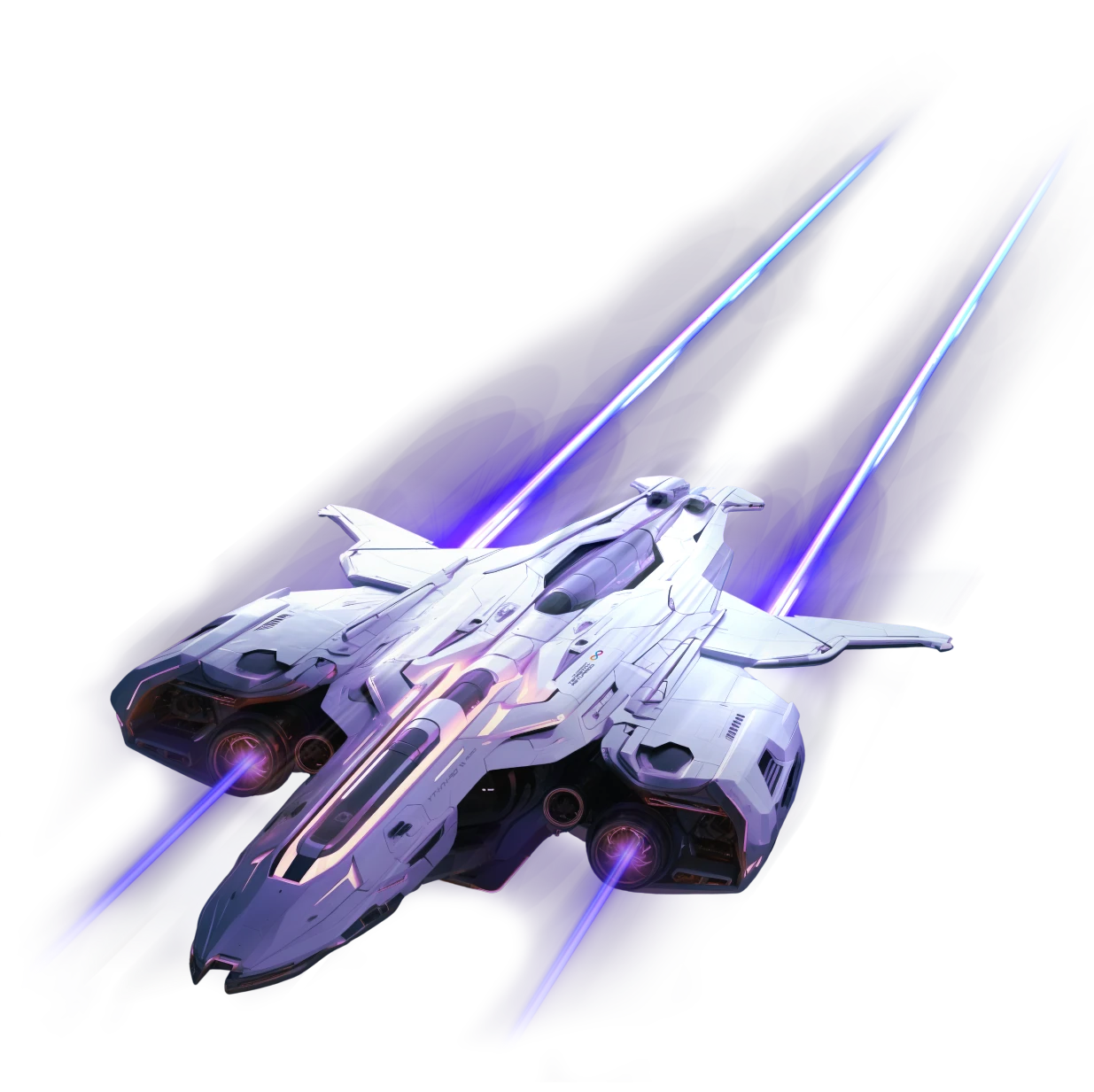
Web2 gaming often prioritizes profits at the expense of player enjoyment. Autonomous Worlds on the Internet Computer, prioritize the player experience.
Extendable game worlds
Web2 gaming
There are growing concerns around some of the profit-seeking practices that have become commonplace in the traditional gaming industry. From blocking modding communities, to making competitive advantage completely dependent on microtransactions. While Web3 games in the past had their own unique issues, Autonomous Worlds may provide a solution that aligns incentives of players and developers.
Evolution of Web3 gaming
Blockchain-based games have been around since 2017, but only recently has blockchain technology evolved to allow for more interesting gameplay to emerge. Initially, Web3 games were simple NFTs that could breed offsprings with different characteristics. Later on, more complex game economies formed using NFTs, fungible tokens, and smart contracts. However, most of the gameplay lived, and still live off-chain relying on centralized cloud providers. Combining Autonomous Worlds and the Internet Computer, whole game worlds can now exist 100% on the blockchain, providing unique gameplay mechanics.
Autonomous Worlds
Autonomous worlds are onchain game worlds where all player interactions, and digital assets are stored on the blockchain. They enable new forms of gaming experiences and game genres, as these worlds align incentives of developers, modders, and players. Thanks to the unique properties of smart contracts, the communities of these games can infinitely extend these words in a permissionless way.
Perks of Autonomous Worlds
Incentives aligned
Autonomous Worlds align the interest of developers, modders and players, so that they can collaboratively build rich game worlds together.
Infinitely extendable
Smart contracts are composable, which means they can serve as components to hierarchical structures. This allows Autonomous Worlds to extend endlessly.
Driven by the community
Instead of the community being simply the receiver of game content, they can be deeply integrated in evolving it through governance, and content creation.
Uncover new worlds
Discover, and build new worlds on the Internet Computer! Utilizing canister smart contracts, developers and players can build large-scale, extendable game worlds hosted end-to-end on the blockchain. Reverse gas model enables novel revenue models, and lowers the barrier of entry for new players who don’t want to setup a wallet just to interact with an onchain game.
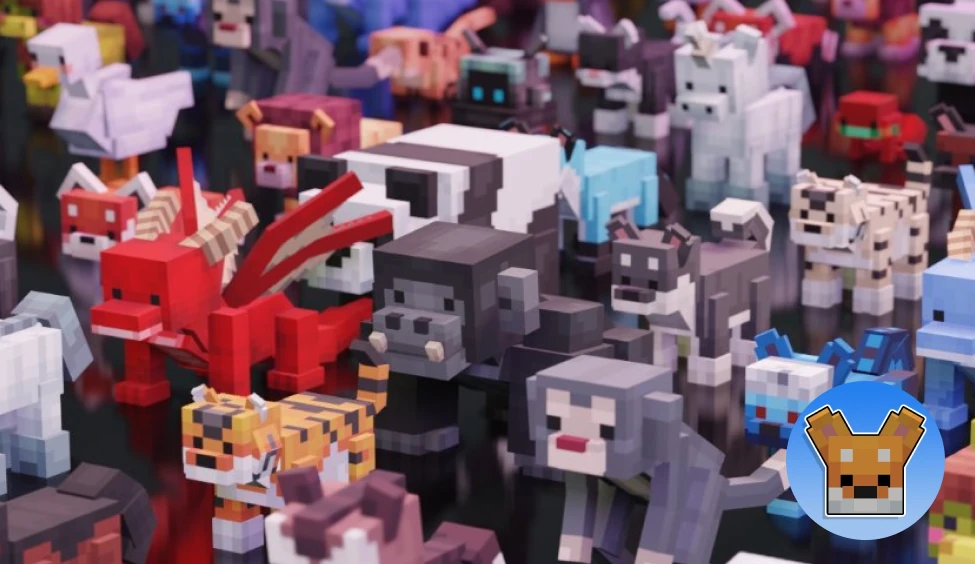
Cubetopia
Build anything on your own unique voxel island saved as a mutable NFT world, or visit the worlds others have built — 100% onchain, on the Internet Computer.
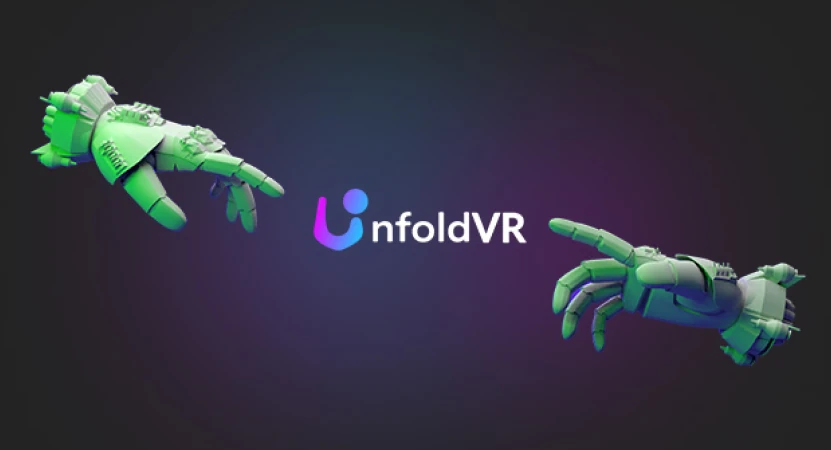
UnfoldVR
Blockchain meets virtual reality. UnfoldVR empowers the immersive creator economy. Enter the VR canvas, build 3D environments, objects, sculptures or abstract art and save them on the blockchain.
Build your own VR world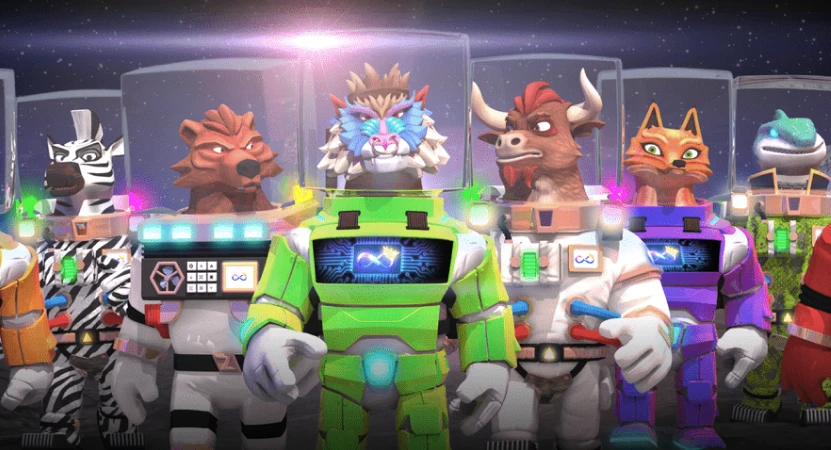
Plethora
Fully onchain web3 platformer with the goal of rewarding users both with fun gameplay and NFTs. Plethora empowers NFT projects to launch their collections with immersive experiences customized for you. Play now to compete, have fun, and earn rewards
Play PlethoraAdvantages of ICP
100% onchain
The Internet Computer enables these worlds to be hosted fully on the blockchain. As canister smart contracts serve web, developers can now get rid of the last centralized component, and host even the game client on chain. This allows the creation of DAOs that control all aspects of these worlds.
300M TXs per day
The Internet Computer processes close to 0.3B transactions a day. Being the highest throughput blockchain, games hosted on ICP can serve unparalleled numbers of players, and horizontally scale out with new subnet blockchains with increased network usage.
0 gas fees for players
The Internet Computer was designed with mass adoption in mind. Canister smart contracts implement the reverse gas fee model, which means that end-users can interact with canisters without paying gas, or even creating a wallet. This enables novel revenue models, and removes a high barrier of entry.

DAO-driven games
Since ICP dapps can be 100% onchain, DAOs on the Internet Computer can govern complete game worlds end-to-end, including a web-based game client.
Don’t build from scratch
BOOOOM!
Building an entire smart contract based game is challenging. BOOM DAO has spent a year building ready-to-use, free, and open-sourced game tooling that handles most of the complex smart contract infrastructure, so you can focus on gameplay, and your game client. Player interactions, NFT minting/burning, and the onchain game server is managed by BOOM DAO's World Engine Protocol.



